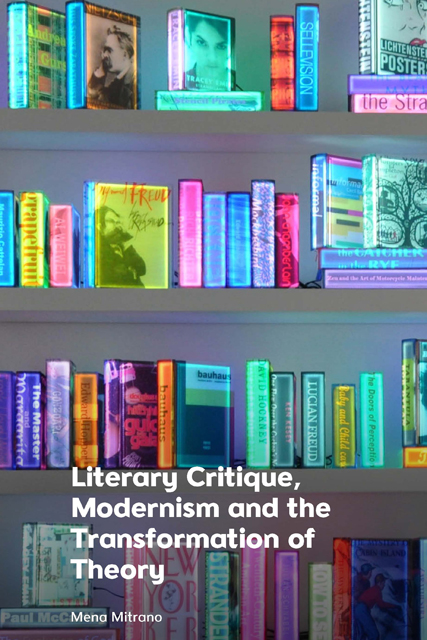Book contents
- Frontmatter
- Contents
- List of Figures
- Acknowledgments
- Introduction
- 1 What is Critique?: Three Types of Indocility
- 2 Theory: Thinking with Literature
- 3 What is a Critic?: Weak Thought, Weak Theory, Italian Theory
- 4 Language: The Return to Saussure
- 5 Tradition: Eliot and Work
- 6 Text and Method: Cixous–Joyce–Lispector
- 7 Poststructuralism: Faith and Lacan
- Conclusion: Depending on Your Neighbor
- Bibliography
- Index
4 - Language: The Return to Saussure
Published online by Cambridge University Press: 25 April 2023
- Frontmatter
- Contents
- List of Figures
- Acknowledgments
- Introduction
- 1 What is Critique?: Three Types of Indocility
- 2 Theory: Thinking with Literature
- 3 What is a Critic?: Weak Thought, Weak Theory, Italian Theory
- 4 Language: The Return to Saussure
- 5 Tradition: Eliot and Work
- 6 Text and Method: Cixous–Joyce–Lispector
- 7 Poststructuralism: Faith and Lacan
- Conclusion: Depending on Your Neighbor
- Bibliography
- Index
Summary
Overview
In the previous chapter we went through Esposito’s analysis of community. We saw that it was instrumental in overcoming an oppositional analytical framework mainly rooted in the primary combat-like confrontation of self and other. In its turn, the analysis of community made possible the sense of an exit in a world that is much vaster than the local or national dimension and encouraged us to think of culture in terms of a logic of circulation. This chapter expands on the principal figure of community: language. It will examine the consequences of the analysis of community on the dominant idea of language. The idea of language that has prevailed in the twentieth century and has climaxed with the phenomenon of poststructuralism establishes the centrality of language: language, it is assumed, always mediates experience. Following a parallel line of investigation, which to some extent converges with the ideas of Émile Benveniste, Esposito stresses that in the twentieth century, language became the dwelling of being understood in the non-metaphysical sense of being-with (Benveniste 223; Esposito, Communitas 88). As we saw in Chapter 3, Esposito shows that this being-with is the condition of community, and making community shows the latter’s impossibility, or chronic melancholia, since we always exist as cum, bound to each other by a simultaneous gift and obligation from which we defend ourselves. In this sense, community is impossible because it is experienced as a lack in common. Given the impossibility of making community, and given, too, the status of language as the main figure of the human community, one might ask whether any form of well-being is lodged in language. This chapter enlists the return to Saussure, especially through the work of Paolo Virno, to explore this question. The inquiry will lead us to formulate the notion of language as attachment.
The chapter’s aim is to try to illuminate the notion of a beneficial resource in language that subtends our attachment to it. Building on Virno’s return to Saussure, I glimpse in the background of Saussure’s theory the figure of the accepting receiver that poses the question of a beneficial part-taking stored in language. But taking cognizance of a beneficial resource in language will mean coming face to face with the twin question of the many: the question of human multiplicity. In the work of Virno and of Jean-Luc Nancy this motif will appear as an incomplete modernist motif.
- Type
- Chapter
- Information
- Literary Critique, Modernism and the Transformation of Theory , pp. 123 - 147Publisher: Edinburgh University PressPrint publication year: 2022



